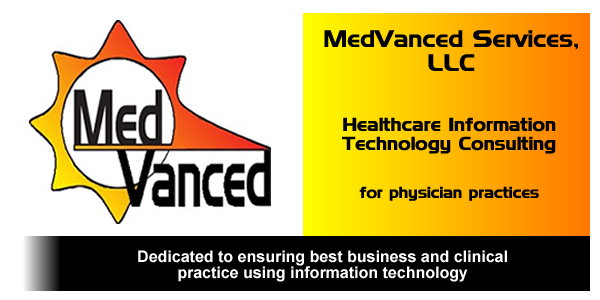Wireless devices have been shown to substantially improve operational performance, clinical workflow and productivity, and quality of care by the promise of real-time point-of-care documentation. This is becoming increasingly important in the increasing adoption of EMR software.
Clinical Documentation at the point-of-care:
Will improve accuracy of entering patient data in conjunction with rules-based, menu-driven EMRs, which will increase patient safety and satisfaction and will eliminate redundant data entry. An exceptionally efficient feature is handwriting recognition capability when free script is necessary to document the plan of care.
Will promote fast access to electronic medical records and reference materials on the go.
Will promote more efficient EMR documentation and higher quality of care by increasing the mobility and productivity of the clinician. This is possible because of no wait times for use of or logins on stationary computers, and there will be a reduced need to clarify information prior to fulfillment of doctor’s orders (tests, prescriptions, etc.)
Will promote security by having one device per user.
Will allow for clinical decision support by quick access to “up-to-the-minute” clinical resources such as drug-drug and drug-allergy contraindications.
Will promote enforcement of the “5 rights”: right drug, recipient, dosage, route, time – which reduces risks to the patient and liability issues.
Increase control and compliance via authentication and electronic time stamps.
To support these statements, I have accessed numerous case studies in support of wireless devices in use for EMR software. A brief excerpt of one of the more powerful studies is summarized here:
Studies have indicated that pharmacist input during the rounding process can decrease the rate of preventable harmful medication errors up to 78% by their consultation in dosing related changes and additional drug therapy recommendations. Their input has also contributed to reducing cost and decreasing length of stay (Kaushal et al., 2001; Kucukarslan et. al, 2003; Leape et. al, 1999; Terceros, Chahine-Chakhtoura, Malinowski, & Rickley, 2007).
Full report available: http://www.motioncomputing.com/about/news/case_study_C5_children_omaha.pdf
Subscribe to:
Post Comments (Atom)

yes, emr software is the right choice for doctors and you are saying absolutely right that we can improve operational performance, clinical workflow, productivity and quality of care by the promise of real-time point-of-care documentation.
ReplyDeleteReally, EMR software is very useful.